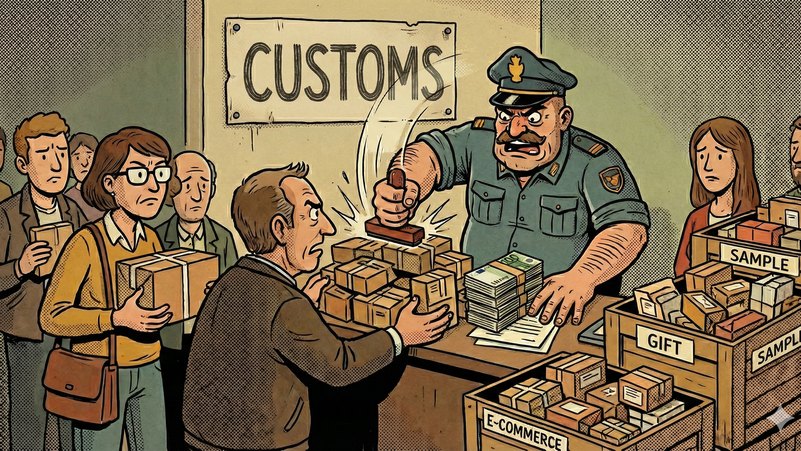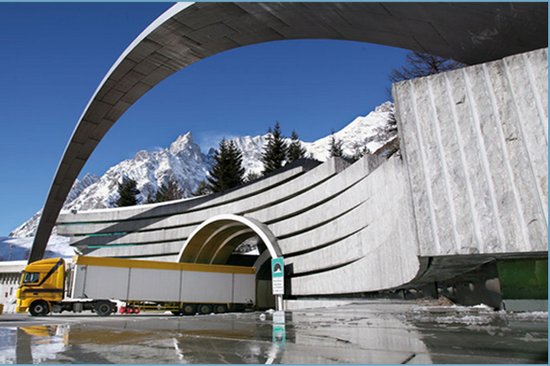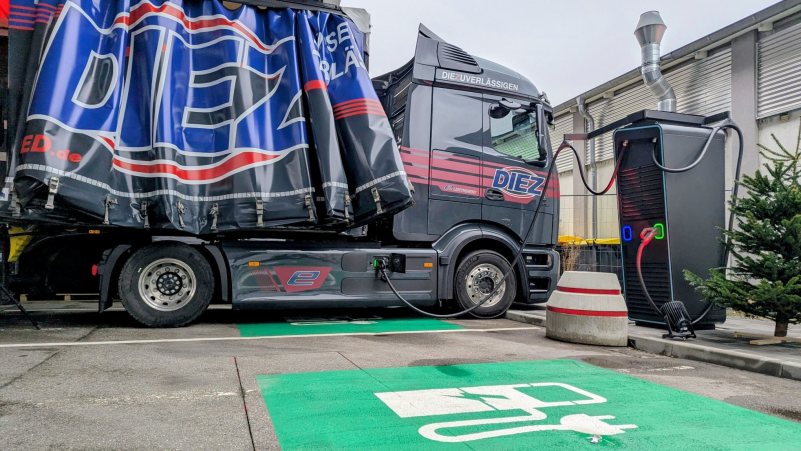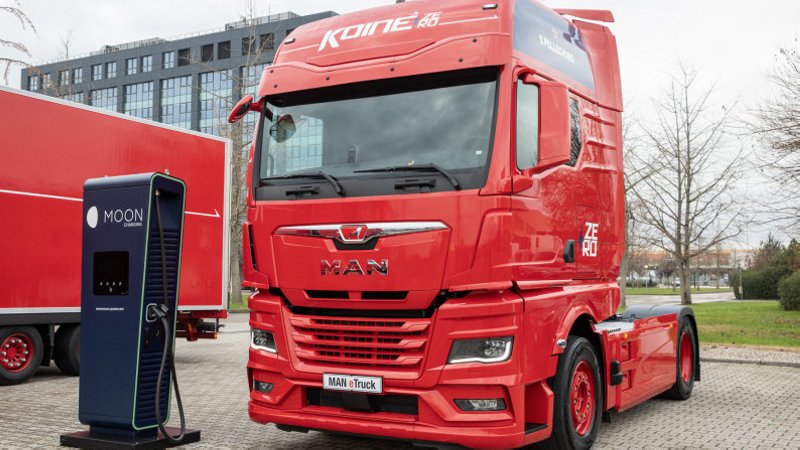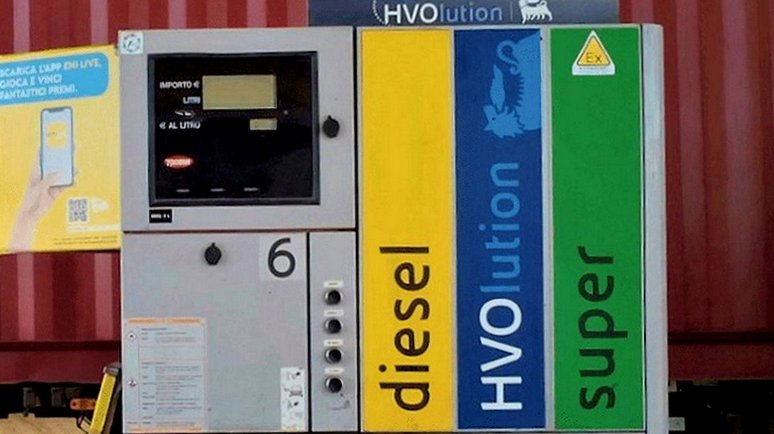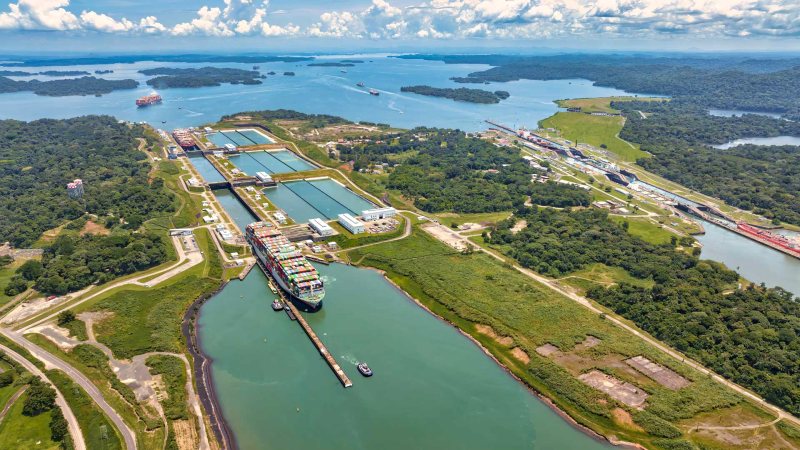A coalition of Indian port workers' unions has announced an indefinite nationwide strike beginning on August 28, 2024, demanding an immediate revision of wages and pension benefits. This decision comes after prolonged negotiations with the Ministry of Transport, which has been unable to meet the demands put forward by workers' representatives in recent years. The strike will involve over 20,000 workers from major ports, potentially worsening the already congested port operations in Asia and Europe, leading to severe delays in global trade.
Negotiations with the government began in 2021 through a wage negotiation committee (Bwnc), but despite seven meetings, no agreement was reached, and talks were halted in December 2021. In August 2024, the unions—led by the All India Port and Dock Workers' Federation—reconvened in Thoothukudi, a key port city in southern India, to demand revisions to the wage scale, payment of arrears, and retroactive pension benefits dating back to January 2022.
Port workers' representatives have criticized the ministry's handling of the negotiations, claiming that the new government guidelines severely undermine workers' rights and represent a step backward from the already inadequate contractual conditions for port workers. Among the most pressing issues cited are delays in productivity-related bonus payments and unapproved statutory agreements affecting employee benefits.
The Ministry of Transport has yet to issue a response to the looming strike threat, but major Indian ports like Chennai, Cochin, and Mumbai—handling a combined annual cargo capacity of 1.62 billion tons—risk complete paralysis. Last year alone, Indian exports reached $437 billion, while imports amounted to approximately $677 billion. If the protests last more than a few days, the impact on Indian and global trade, already severely affected by the Red Sea crisis, could be substantial.
Union leaders, representing workers from twelve major ports, have urged the government in recent days to intervene promptly to minimize disruptions caused by a potential indefinite strike. "We have already issued proper notices to various Port Authorities and related government bodies," said the General Secretary of the Water Transport Workers Federation of India. "We have unsuccessfully tried to advance our long-standing demands through seven rounds of talks with port leaders and government representatives over the past three years. The authorities have remained indifferent to workers' concerns about wage increases, productivity bonuses, and the pension system, adopting a highly provocative stance without any substantial justification, leading to a deadlock in negotiations."
Although no further talks are scheduled in the coming days, union representatives expect an invitation from the authorities to try to initiate conciliatory negotiations. "We will push hard to achieve our goals, which are absolutely legitimate and in the interest of the workers," a union source stated. An official statement was also released by the Cochin Port Workers' Association, describing the Ministry of Transport as lethargic and illogical in its approach to the legitimate demands of the working class. "We have legally and legitimately tried to persuade the Indian Ports Association to negotiate, but they are reluctant to conclude a fair and reasonable agreement. Therefore, the union federations have no choice but to declare an indefinite strike starting on August 28 at all major ports."
In addition to wage-related demands, the unions are particularly concerned about the government's push toward privatization, which they believe has already had serious repercussions on job security. A law passed at the end of 2022 transformed major port trusts into entities similar to private companies, a reform that has faced strong resistance from workers. As part of a strategy to "monetize assets," the port of Nhava Sheva, which handles a significant portion of India's container trade, is now fully privatized, with all terminal facilities licensed to private operators.
The struggle of Indian port workers has thus begun, but the battle will be made more challenging by the overall weakening of unions, which have been significantly eroded over the years due to the impact of the country's so-called "gig economy." India's economic model has rapidly shifted towards on-call contracts and casual work without encountering any opposition from sector unions, which have lost the trust of workers.
Marco Martinelli


